Elevate your local knowledge
Sign up for the iNFOnews newsletter today!
Sign up for the iNFOnews newsletter today!
Selecting your primary region ensures you get the stories that matter to you first.
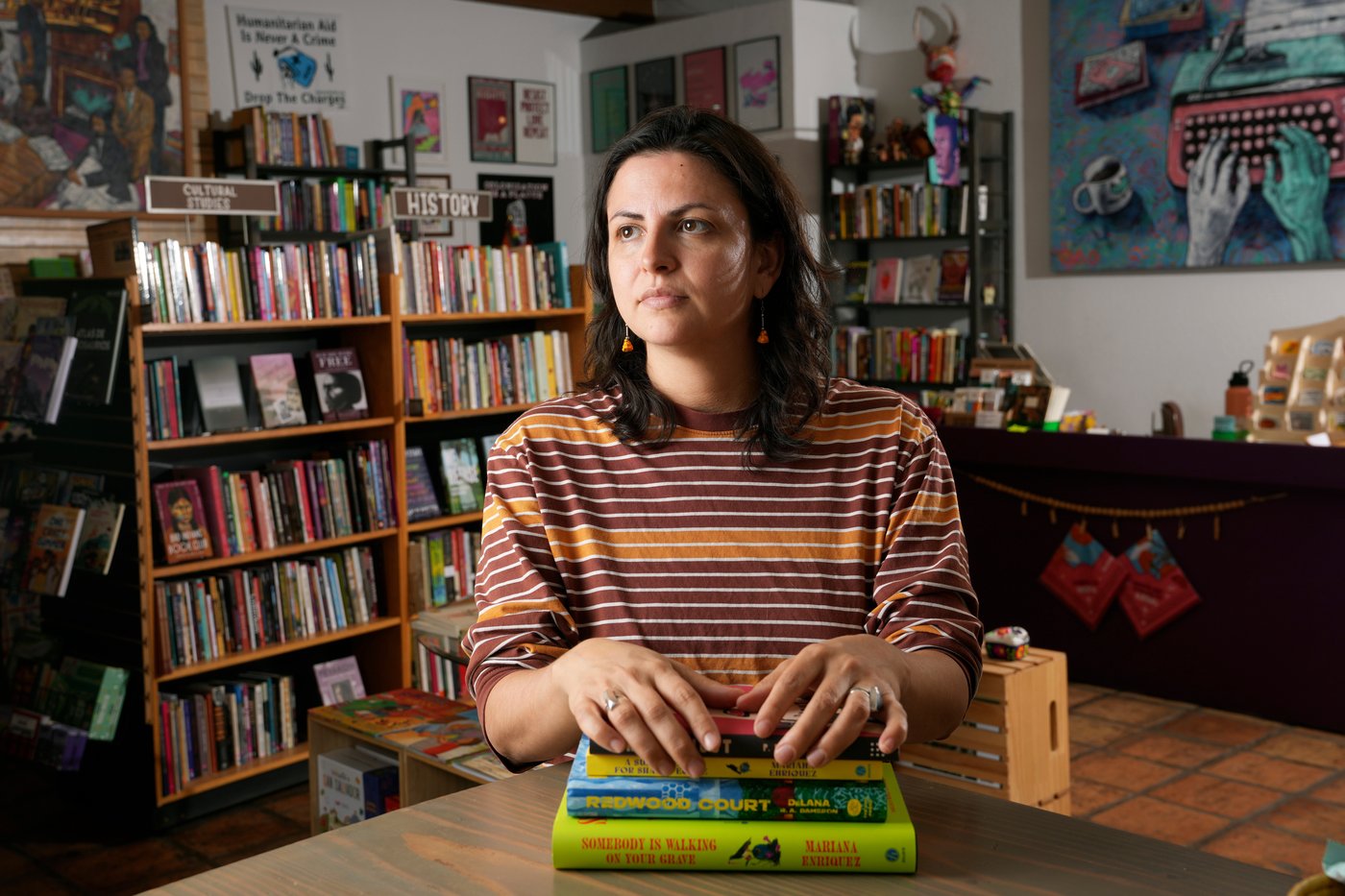
Authors, readers and publishing industry experts lament the underrepresentation of Hispanic stories in the mainstream world of books, but have found new ways to elevate the literature and resolve misunderstandings.
“The stories now are more diverse than they were ten years ago,” said Carmen Alvarez, a book influencer on Instagram and TikTok.
Some publishers, independent bookstores and book influencers are pushing past the perception of monolithic experience by making Hispanic stories more visible and discoverable for book lovers.
The rise of online book retailers and limited marketing budgets for stories about people of color have been major hurdles for increasing that representation, despite annual celebrations of Hispanic Heritage Month from Sept. 15 to Oct. 15 in the U.S. There’s been a push for ethnically authentic stories about Latinos, beyond the immigrant experience.
“I feel like we are getting away from the immigration story, the struggle story,” said Alvarez, who is best known as “tomesandtextiles” on bookstagram and booktok, the Instagram and TikTok social media communities. “I feel like my content is to push back against the lack of representation.”
Latinos in the publishing industry
Latinos currently make up roughly 20% of the U.S. population, according to Census data.
However, the National Hispanic Media Coalition estimates Latinos only represent 8% of employees in publishing, according to its Latino Representation in Publishing Coalition created in 2023.
Brenda Castillo, NHMC president and CEO, said the coalition works directly with publishing houses to highlight Latino voices and promote their existing Latino employees.
The publishing houses “are the ones that have the power to make the changes,” Castillo said.
Some Hispanic authors are creating spaces for their work to find interested readers. Award-winning children authors Mayra Cuevas and Alex Villasante co-founded a book festival and storytellers conference in 2024 to showcase writers and illustrators from their communities.
“We were very intentional in creating programming around upleveling craft and professional development,” Cuevas said. “And giving attendees access to the publishing industry, and most importantly, creating a space for community connection and belonging.”
Villasante said the festival and conference allowed them to sustain themselves within the publishing industry, while giving others a road map for success in an industry that isn’t always looking to mass produce their work.
“We are not getting the representation of ourselves,” Villasante said. “I believe that is changing, but it is a slow change so we have to continue to push for that change.”
Breaking into the mainstream
New York Times bestselling author Silvia Moreno-Garcia, a Mexican-Canadian novelist known for the novels “Mexican Gothic” and “The Daughter of Doctor Moreau,” is one of few Hispanic authors that has been able to break to mainstream. But she said it wasn’t easy.
Moreno-Garcia recalled one of her first publisher rejections: The editor complimented the quality of the story but said it would not sell because it was set in Mexico.
“There are systems built within publishing that make it very difficult to achieve the regular distributions that other books naturally have built into them,” Moreno-Garcia said. “There is sometimes resistance to sharing some of these books.”
Cynthia Pelayo, an award-winning author and poet, said the marketing campaign is often the difference maker in terms of a book’s success. Authors of color are often left wanting more promotional support from their publishers, she said.
“I’ve seen exceptional Latino novels that have not received nearly the amount of marketing, publicity that some of their white colleagues have received,” Pelayo said. “What happens in that situation (is) their books get put somewhere else in the bookstore when these white colleagues, their books will get put in the front.”
Hispanic Heritage Month, however, helps bring some attention to Hispanic authors, she added.
Independent bookstores
Independent bookstores remain persistent in elevating Hispanic stories. A 2024 report by the American Booksellers Association found that 60 of the 323 new independent bookstores were owned by people of color. According to Latinx in Publishing, a network of publishing industry professionals, there are 46 Hispanic-owned bookstores in the U.S.
Online book retailer Bookshop.org has highlighted Hispanic books and provided discounts for readers during Hispanic Heritage Month. A representative for the site, Ellington McKenzie, said the site has been able to provide financial support for about 70 Latino bookstores.
“People are always looking to support those minority owned bookstores which we are happy to be the liaison between them,” McKenzie said.
Chawa Magaña, the owner of Palabras Bilingual Bookstore in Phoenix, said she was inspired to open the store because of what she felt was a lack of diversity and representation in the books that are taught in Arizona schools.
“Growing up, I didn’t experience a lot of diversity in literature in schools.” Magaña said. “I wasn’t seeing myself in the stories that I was reading.”
Of the books for sale at Palabras Bilingual, between 30% to 40% of the books are Latino stories, she said.
Magaña said having heard people say they have never seen that much representation in a bookstore has made her cry.
“What has been the most fulfilling to me is able to see how it impacts other people’s lives,” she said. “What motivates me is seeing other people get inspired to do things, seeing people moved when they see the store itself having diverse books.”
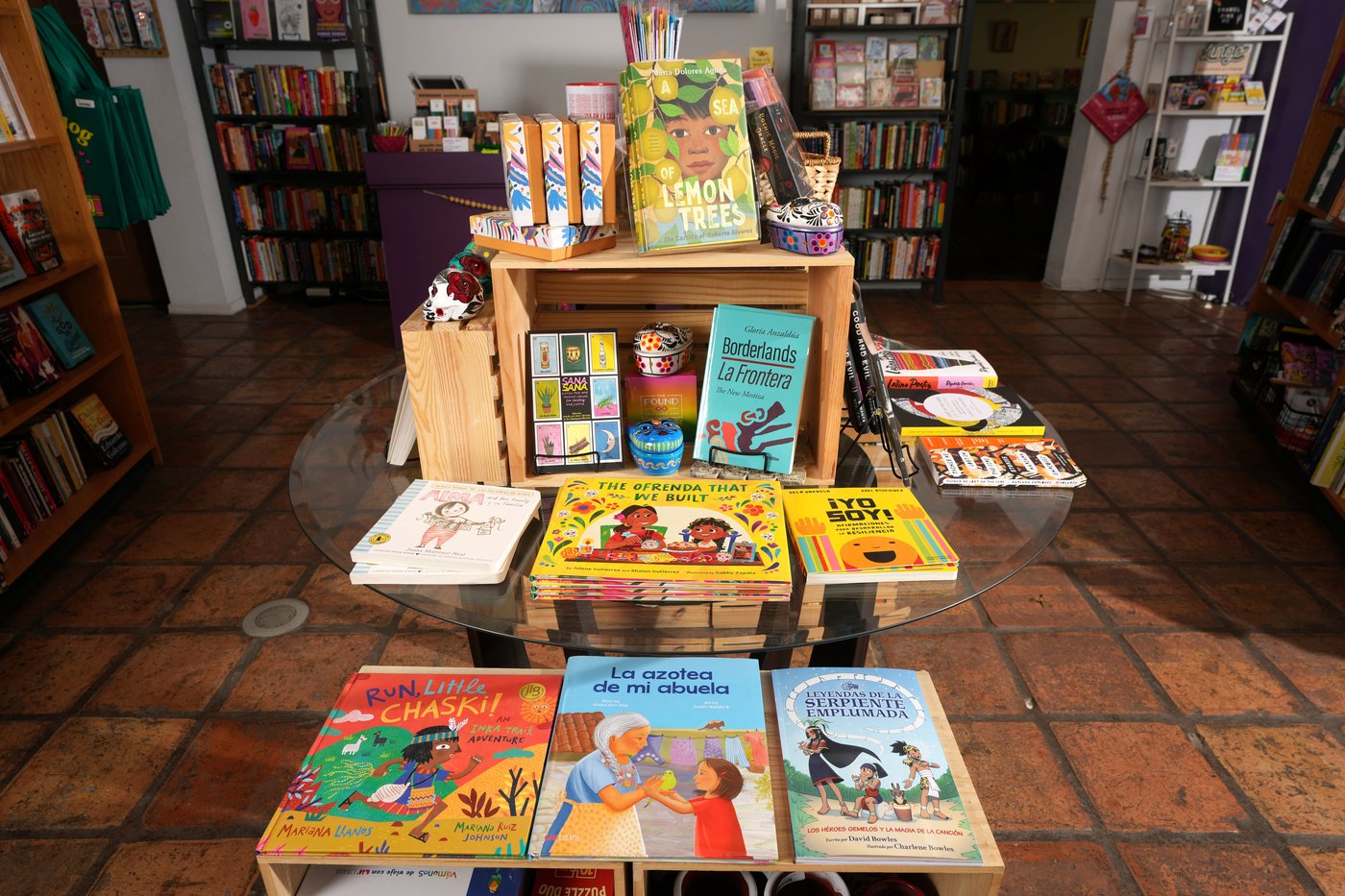
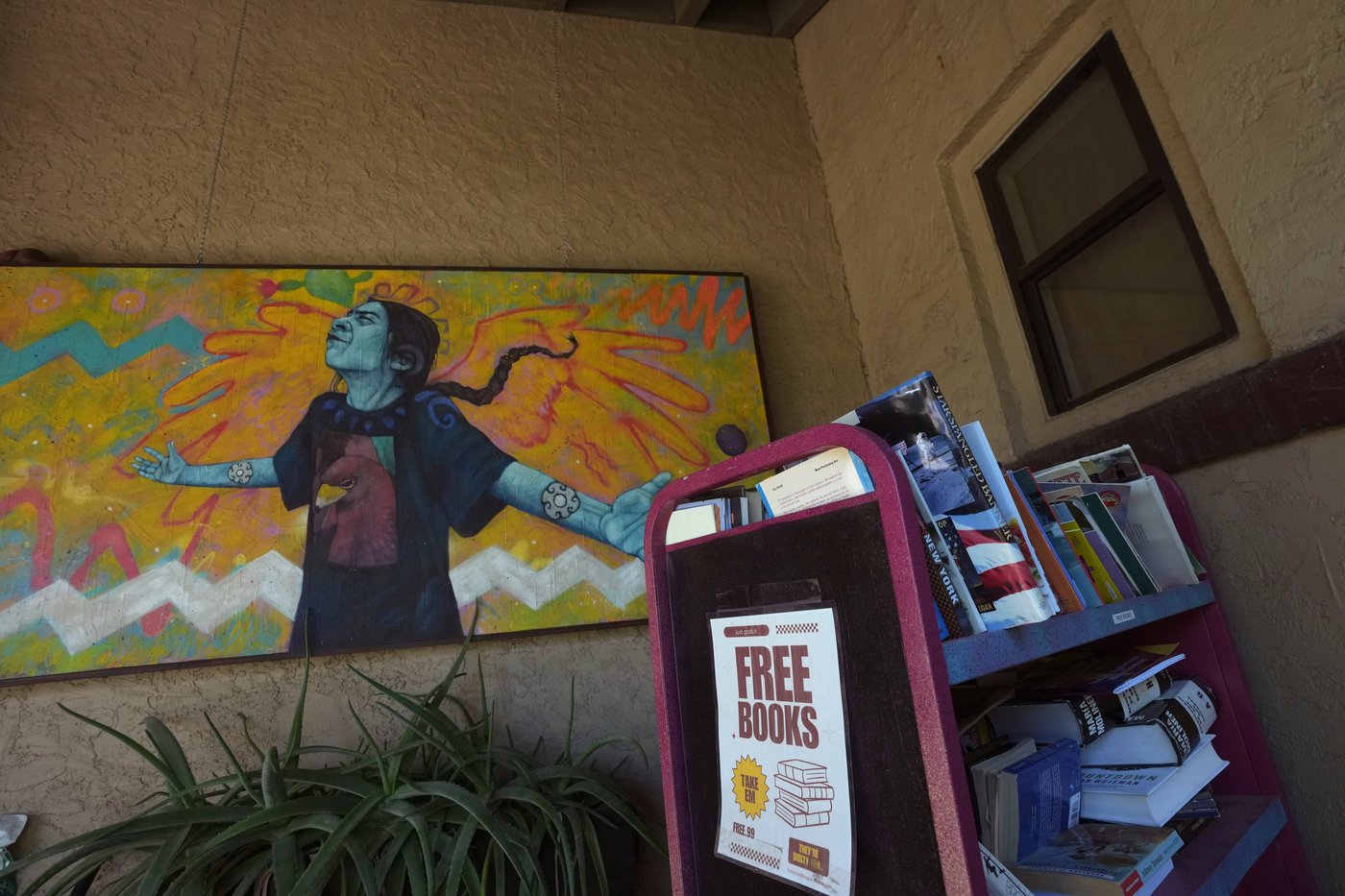
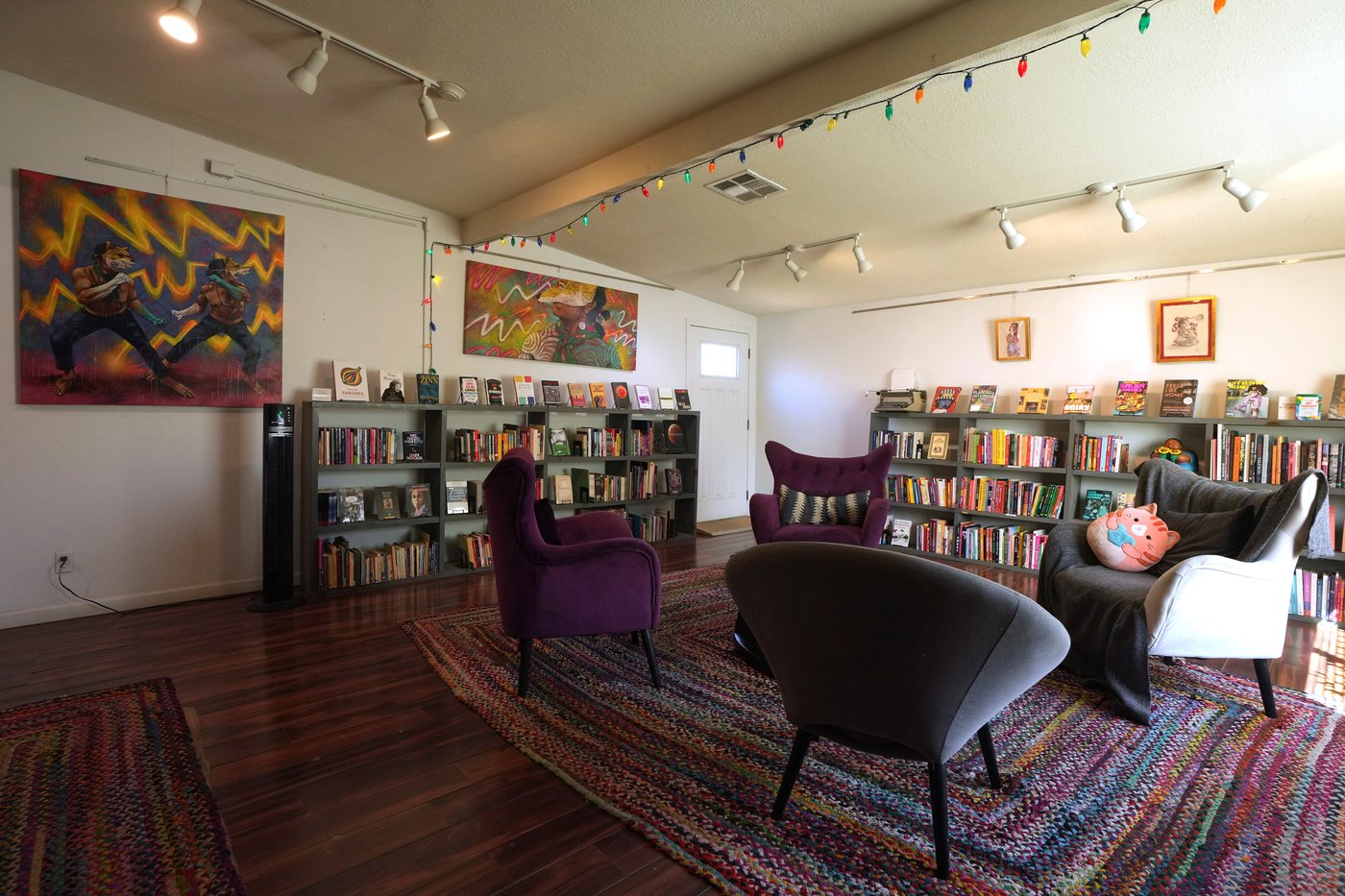
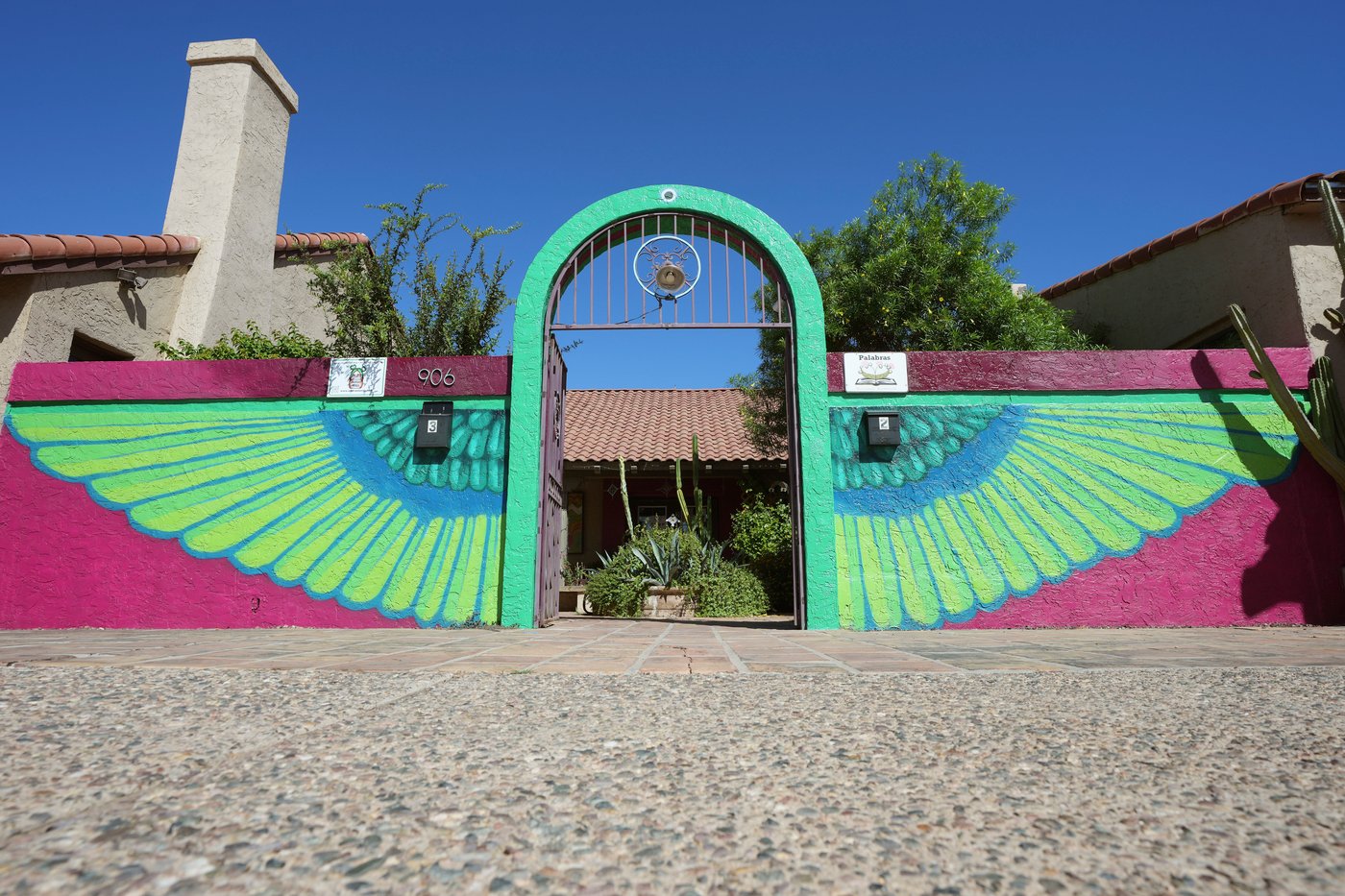
Want to share your thoughts, add context, or connect with others in your community?
You must be logged in to post a comment.